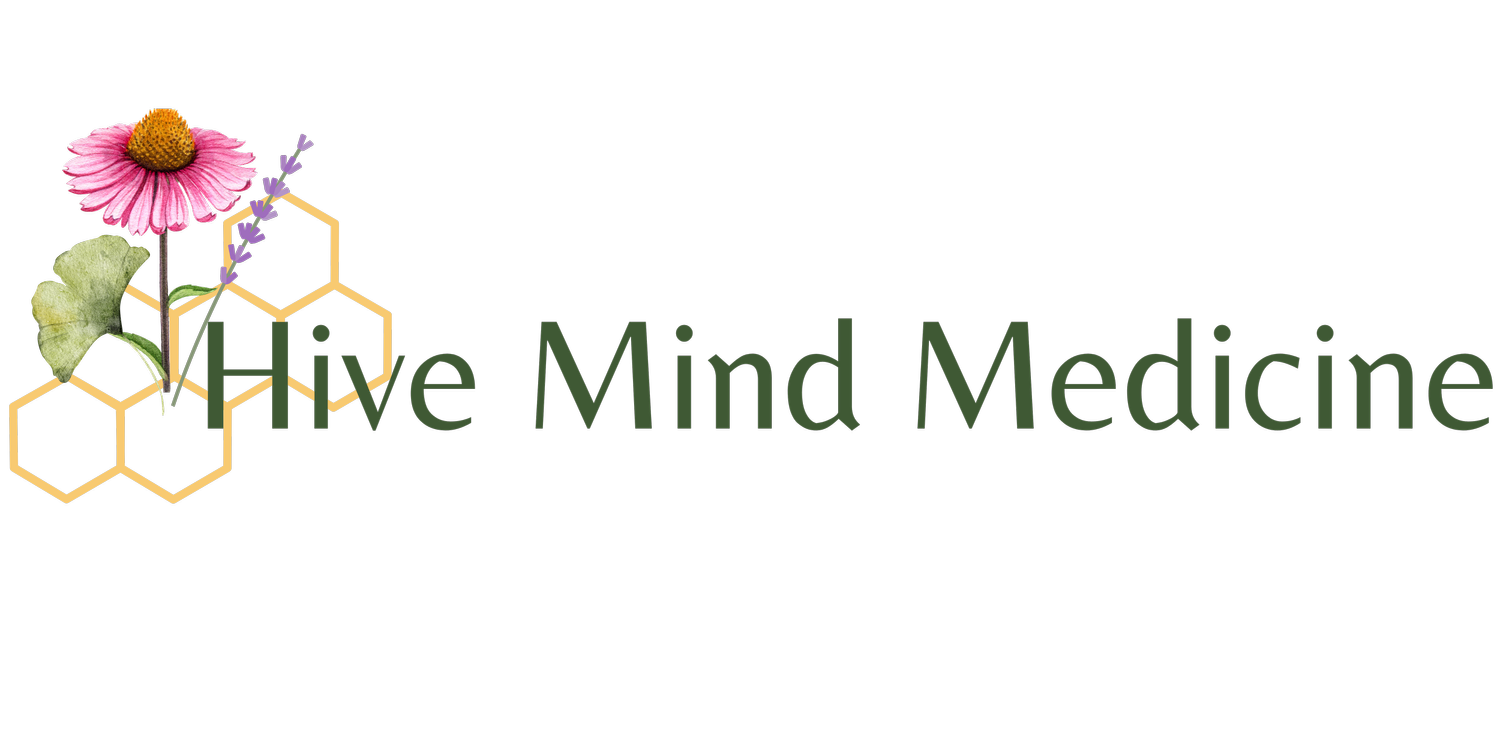Adenosine, caffeine, and your sleep.
by Dr. Cameron Craw
To understand how caffeine affects sleep, it is useful to take a look at how sleepiness comes about in the first place. There are two primary influences on the sleep-wake cycle: adenosine sleep drive and circadian rhythm. Dialing in your circadian rhythm is a critical consideration for the broader topic of sleep quality, but this article focuses on the specific relationship between caffeine and adenosine sleep drive.
Adenosine is a building block of our body's most basic form of "energy currency." This currency is called adenosine triphosphate (ATP). Our body relies heavily on the breakdown of ATP as a means of fueling the moment-by-moment chemical reactions needed to maintain life. In this way, ATP functions similarly to money in a currency based free market. Each transaction (think "chemical reaction") within the market requires the flow of money (think "ATP") between buyer and seller in order for the transaction to occur. Unlike money; however, ATP loses energy (think "monetary value") after each chemical reaction it is involved in. Ultimately, this results in the buildup of "valueless" adenosine molecules (without their phosphate groups) throughout the body.
The brain has higher energy needs than any other organ in the body. As a result, it requires more ATP, ultimately leading to the production of more adenosine as a "waste product" of its daily function. Adenosine is a special waste product in that it functions as a neurotransmitter. Neurotransmitters bind to receptor cites within the brain that affect brain function in various ways. specifically, adenosine binds to adenosine receptor sites within the brain that promote sleepiness (Reichert, 2022); thus, the concept of adenosine sleep drive. The longer you are awake, the more ATP your brain has broken down leading to a greater and greater buildup of adenosine (and its subsequent sleepy effect) as the day draws on. At some point, usually around 9 o'clock in the evening for me, adenosine overwhelms my brain and I head for the pillow.
Fortunately, the very process of sleeping introduces important shifts in brain physiology necessary for the nightly "clean up" of excessive adenosine. ideally, you get enough quality sleep each night such that much of the adenosine build up in your brain is cleared out by the time you wake. This means the adenosine receptor sites in your brain are no longer being bombarded by this sleep promoting neurotransmitter. Too little sleep or low-quality sleep can lead to incomplete adenosine clean up resulting in the continued presence of excessive adenosine in the brain when you wake. This excessive adenosine upon waking is one of the primary reasons many of us find ourselves reaching for a caffeinated beverage like tea or coffee in the morning.
Caffeine's primary wakeful effect comes from its ability to block adenosine receptor binding in the brain (Huang, 2005). There is no doubt that caffeine can be very useful in a pinch for exactly this reason. There are times when we need to ensure a few hours of focused, wakeful attention during an otherwise groggy day. Still, It is important to understand that caffeine is not helping to clean up the excessive adenosine build up responsible for the sleepiness in the first place; rather, caffeine is simply masking the fact you are still sleepy. In this way, caffeine is comparable to the use of pain medication for a painful wound. Pain medication use doesn't help heal a painful wound, it just makes you feel the pain of that wound less strongly for a period of time.
Though everybody's body breaks down caffeine at a different rate, it can take up to 9.5 hours for some people to neutralize 50% of the caffeine they took in earlier that day ("Caffeine for the Sustainment," 2002). This means some people who drink a cup of coffee at high noon will still have 50% of that coffee's wakefulness effect at 9:30 PM. This is one reason why, if you are having any trouble falling asleep at night, it is wise to discontinue caffeine intake around noon each day—in case you are one of those people who is slower at breaking down caffeine. Furthermore, even though one of the goals of sleep is to clear out excessive adenosine, adenosine receptor cite activity during sleep actually promotes deeper, "slow wave" sleep states (Drake, 2013). This means even if a late-night cup of caffeinated tea doesn't disrupt your ability to fall asleep, it is still blocking adenosine from stimulating receptor cites in the brain that would otherwise promote more deep and restful sleep!
Reichert CF, Deboer T, Landolt HP. Adenosine, caffeine, and sleep-wake regulation: state of the science and perspectives. J Sleep Res. 2022;31(4):e13597. doi:10.1111/jsr.13597
Huang ZL, Qu WM, Eguchi N, et al. Adenosine A2A, but not A1, receptors mediate the arousal effect of caffeine. Nat Neurosci. 2005;8(7):858-859. doi:10.1038/nn1491
Caffeine for the Sustainment of Mental Task Performance: Formulations for Military Operations: Nutrition Today. 2002;37(1):26-27. doi:10.1097/00017285-200201000-00009
Drake C, Roehrs T, Shambroom J, Roth T. Caffeine effects on sleep taken 0, 3, or 6 hours before going to bed. J Clin Sleep Med. 2013;9(11):1195-1200. Published 2013 Nov 15. doi:10.5664/jcsm.3170
Cameron Craw, ND, is Hive Mind Medicine’s resident for the 2023/24 academic cycle. He received his doctorate in Naturopathic medicine at the National University of Natural Medicine (NUNM) in 2023. He is currently completing a master’s degree in acupuncture. Prior to graduation, Dr. Craw spent three terms on Dr. Sandberg-Lewis's Gastrointestinal Mentor Shift.
Hive Mind Medicine blog posts are for educational purposes only and are not intended as medical advice. Please consult with your health care practitioner for personalized guidance.
